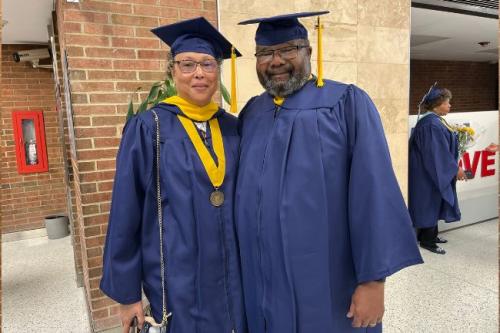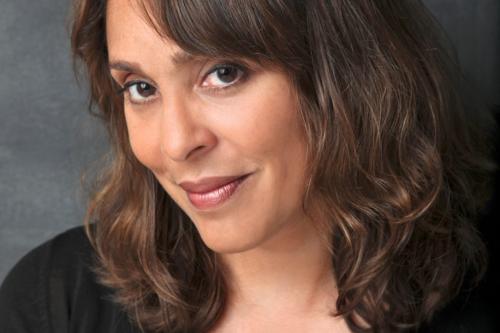For years, Brittany Grossi’s health spiraled without answers. She was just a child, losing weight, in constant pain, and in and out of hospitals, while her mother’s pleas for help were routinely dismissed.
“They didn’t take her seriously,” said Grossi, who graduates this month with a medical degree from Howard University.
The medical neglect of female patients and people of color is a longstanding and well-documented crisis in American healthcare. Across a wide range of conditions — from chronic pain to maternal health — Black women especially have reported having symptoms dismissed, misdiagnosed, or ignored altogether.
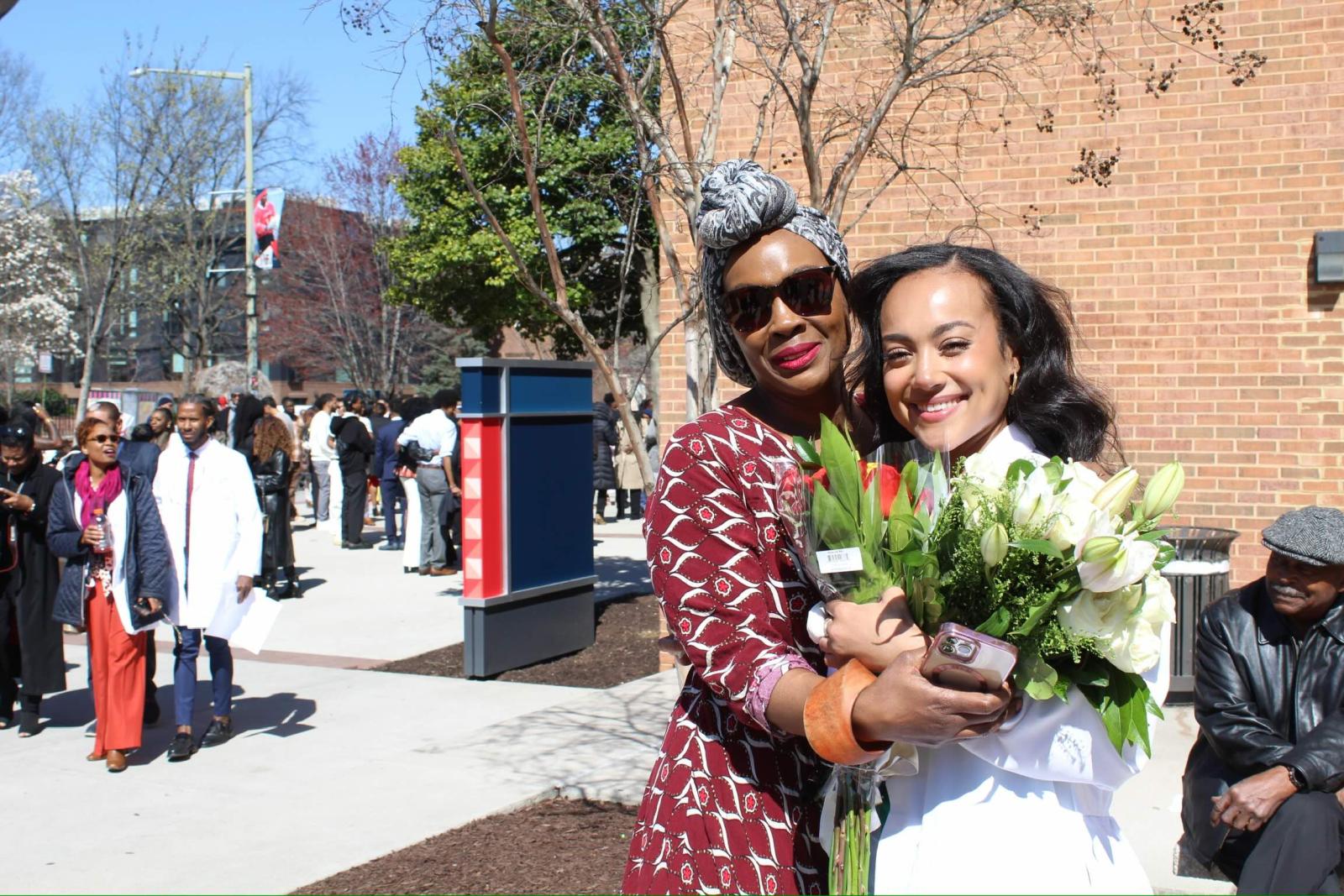
"I was a young, single Black mother and a hairstylist, watching my daughter wither away in front of me," said Grossi’s mother, who goes by Ms. Kay. "I knew something was wrong, but the doctors wouldn’t listen. They had a plan before they even looked at her.”
Ms. Kay’s advocacy for her daughter, whom she affectionately calls “Nanee,” finally paid off when she found a specialist in their Las Vegas hometown who was willing to listen.
“A doctor finally looked at me and said, ‘I don’t think I can help her, but I know someone who can.’ That honesty — it was the first breath of fresh air I’d had in years.”
The doctor, Las Vegas pediatric gastroenterologist Ajaz A. Sheikh, M.D., sent her to renowned pediatric gastroenterologist Marla Dubinsky, M.D., at Cedars-Sinai Medical Center in California, where Grossi's treatment became a case study.
“I had $35 in my purse and half a tank of gas, and I drove my baby to Cedars-Sinai on prayer alone," Ms. Kay said. Doctors there warned that without treatment, Grossi’s condition could have become much more severe.
At 11 years old, Grossi was diagnosed with Crohn’s disease. By 13, she had undergone life-saving surgery that removed a portion of her small intestine. Within just a few weeks of the procedure, Grossi went from struggling to walk and eat to growing nine inches and gaining 40 pounds.
“I felt like I could just be a kid,” Grossi said. “I knew I was different. I was no longer defined by my illness. It made me excited for life and more appreciative for being healthy.”
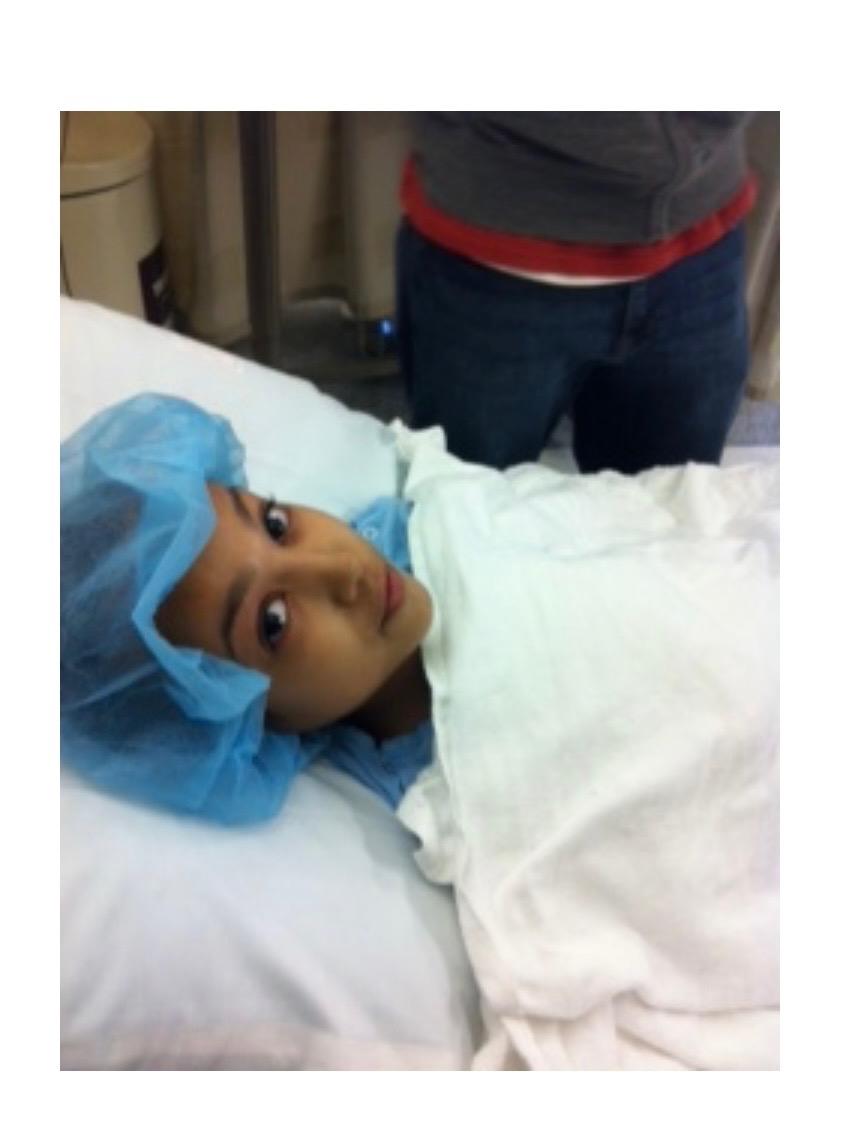
Choosing Howard
Even while facing serious health challenges, Grossi stayed serious about her books. She was always a straight-A student. When it came to college, she initially planned to stay close to home and attend a school in California.
Grossi said she was going about the process quietly, doing all her applications by herself. Then she got a nudge from one of her mother’s salon clients (a “salon auntie”) who had gone to Howard and kept encouraging her to look it up.
“She told me, ‘I know you don’t want to listen to anybody and you know everything, but you should go to Howard,’” Grossi said.
Grossi turned to YouTube, where she found videos of the Yard, the dorms, and campus life.
“It was alive,” she said. “It felt like a different world — like the TV show ‘A Different World.’ And I had just finished watching that, so I thought ‘that could literally be my reality. I have so much power right now. I’m about to leave.’”
Grossi secretly applied to a group of HBCUs without telling her family, even as acceptance letters from California schools poured in. Just as decision deadlines loomed, an acceptance letter from Howard arrived at her home.
“Howard accepted me, and I accepted it back without a thought,” said Grossi, who had never even visited the campus or set foot in Washington, D.C., or known how her family would shoulder the costs.
She adds, “It just felt like Howard saw in me what was necessary. I came here as an 18-year-old and I’m leaving as a doctor.”
Other aspects started to align. School ended up being free. Grossi received an $80,000 scholarship, additional grants from Howard, and a Pell Grant.
Grossi graduated from Howard University as an undergraduate in 2020. She majored in human performance with a concentration in sports medicine and also minored in chemistry. She was part of the “COVID class” that didn’t get a graduation ceremony.
A Full Circle Moment
With completion of medical school in view, she has matched into a pediatric residency at Emory in Atlanta. She also plans to pursue a fellowship in gastroenterology to become a pediatric gastroenterologist, inspired by the doctor who saved her life as a child — Dr. Dubinsky.
She said Howard University College of Medicine has taught her to be the kind of doctor who listens — who believes what their patients have to say about being sick. She hopes her journey inspires change, especially in how Black women are treated in hospitals and other medical spaces.
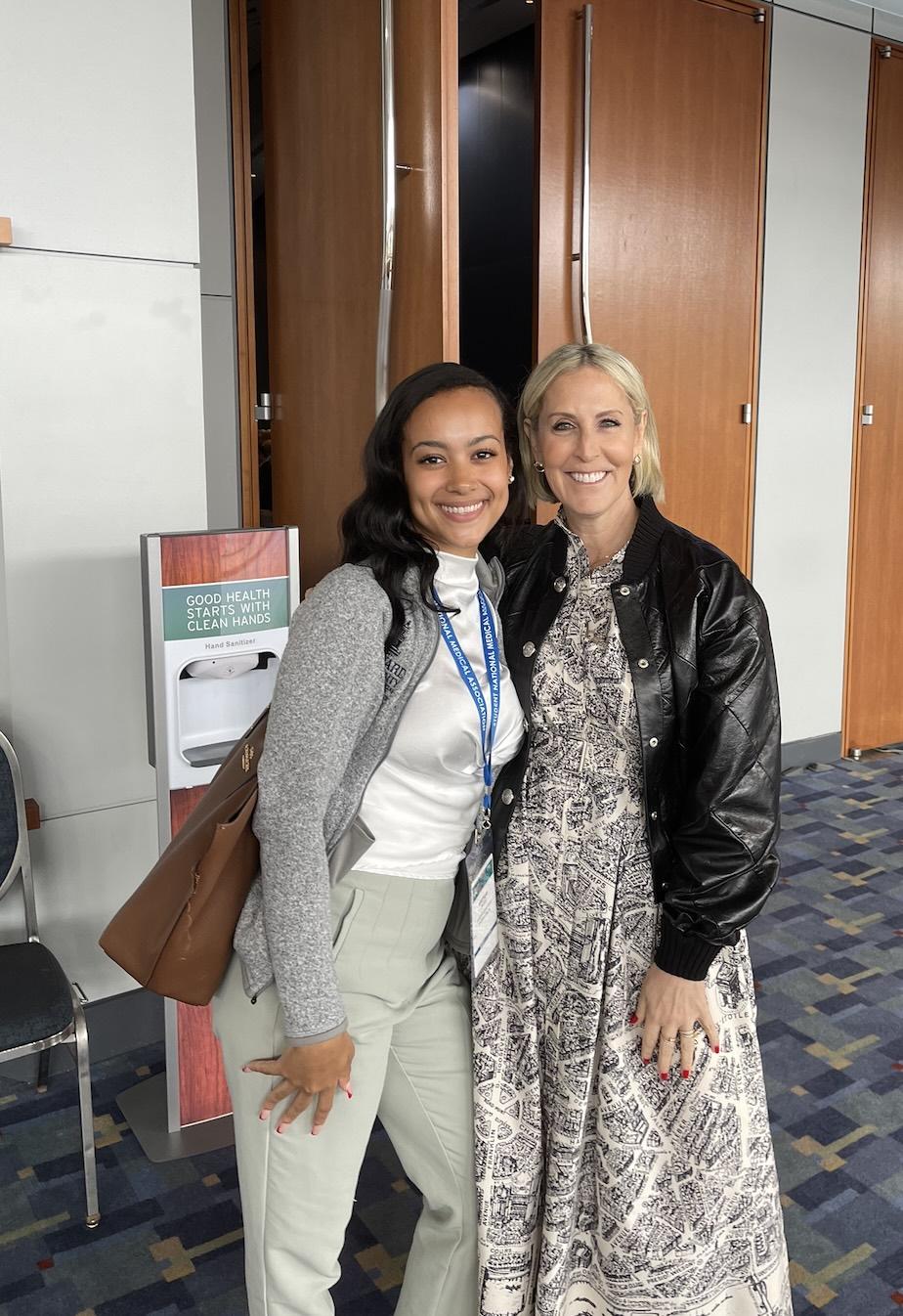
“A lot of people have that experience and they’re like, ‘Never again. You’ll never see me in a hospital again. I’ll never do it,’” Grossi said. “But for me, it was a beautiful experience—to genuinely have my whole life change in a matter of months.”
Grossi’s mother said Nanee’s years of misdiagnoses and delayed treatment shaped her sense of purpose.
“She’s going to be the kind of doctor who listens," she said. "The kind who brings comfort to kids and parents who’ve been told ‘no’ too many times. That’s the kind of doctor the world needs.”
###
.




